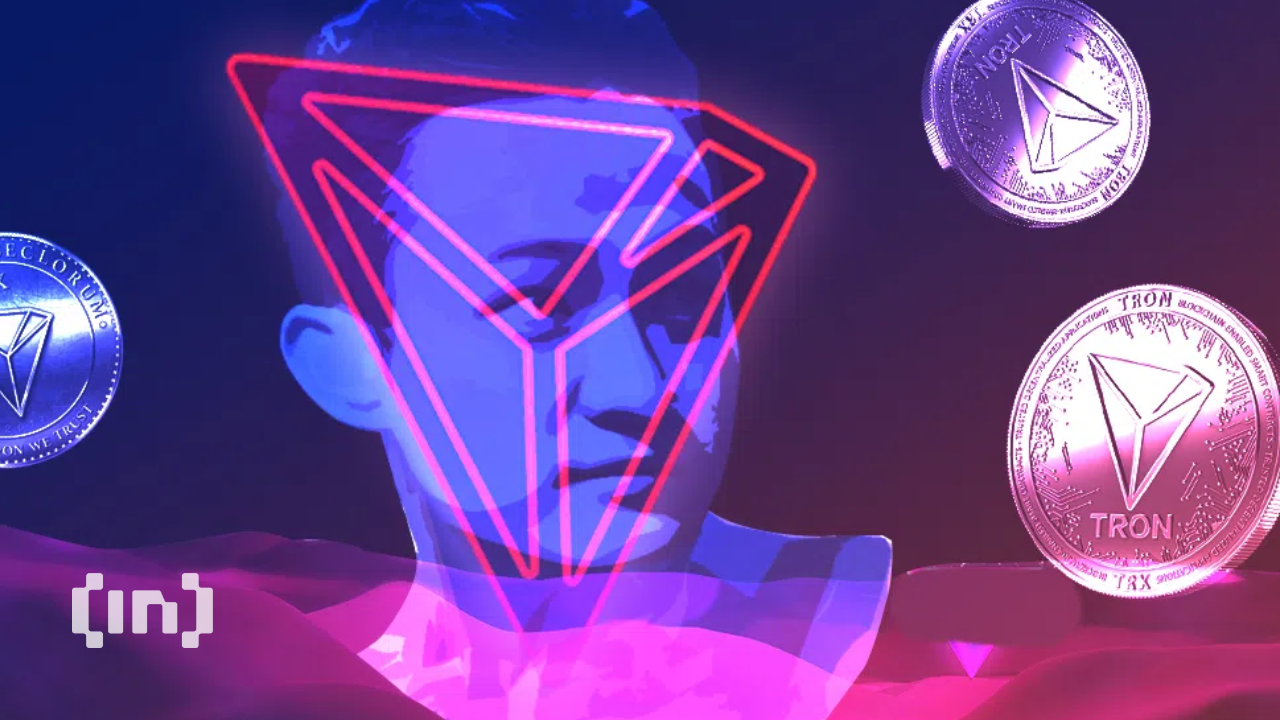
Today marks five years since the launch of the TRON MainNet. To celebrate the milestone, the TRON community has been looking back on the journey so far and making plans for the future.
In a blog post marking the occasion, the TRON DAO set out a new mission for the project: “to build a free port within the metaverse.”
Key Milestones Achieved as TRON Turns Five
In the five years since its launch, the TRON network has been deployed for a variety of different applications. And the TRON ecosystem now supports multiple use cases and hosts a range of DeFi, NFT, GameFi, Digital Identity (DID), and other projects.
The blockchain has been successful enough that the TRON DAO claims it has surpassed 168 million users. Meanwhile, Nansen data reveals that network activity on TRON far exceeds that observed on Ethereum. While the former regularly facilitates over 10 million transactions per day, the latter caps out at around 1 million.
One area where the TRON network has proven especially popular is stablecoins. For example, more of Tether’s USDT exists on TRON than can be found on any other chain. And in March, the total value of all stablecoins on the blockchain surpassed $40 billion USD.
Looking ahead to the future, the TRON DAO has stated its intention for the blockchain to evolve into a “metaverse free port.” But what exactly does that mean?
Traditionally, the term free port refers to specially designated ports that benefit from tax breaks and favorable customs regulations. They are intended to stimulate growth by removing barriers to trade.
In a recent speech at its annual conference in Switzerland, TRON founder Justin Sun outlined his vision for a free port in the metaverse.
“The future of TRON will be a vibrant blue ocean full of opportunities where finance can be accessible to everyone in the world,” Sun told an audience in Geneva. He went on to underscore the TRON DAO’s commitment to decentralization and reaffirmed its guiding principles.
The Rewards and Risks of Decentralization
The idea behind TRON’s metaverse free port is simple. Advocates of the technology argue that it can foster financial inclusion. And they contend that greater decentralization will allow users to bypass the institutional gatekeepers of traditional finance.
For example, the TRON DAO has put its weight behind the USDD stablecoin. Like its decentralized stablecoin peer, Dai, USDD is collateralized with a variety of crypto assets. These include BTC, TRX, and other dollar-pegged stablecoins.
Upon its launch last year, the TRON DAO said that USDD would not rely on any centralized institutions for redemption, management, or storage.
But that doesn’t mean the token isn’t without its critics.
In the post-Terra collapse era, many treat algorithmic stablecoins with suspicion. And USDD has come dangerously close to losing its dollar peg on several occasions during the past year.
Of course, the team behind USDD has boasted of a 200%+ collateral ratio. And the token’s proponents argue that over-collateralization can prevent any major slippage from dollar parity. But the fact that a large amount of this is in TRX has stoked fears that the stablecoin could experience a Terra-style death spiral should the price of TRX collapse.
As TRON enters its sixth year, the ethos upon which the project was founded continues to drive it forward. With the world watching, the success or failure of USDD and other decentralization initiatives will have consequences for the future direction of the wider crypto space.

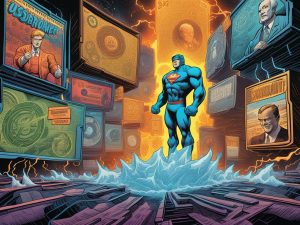
 By
By
 By
By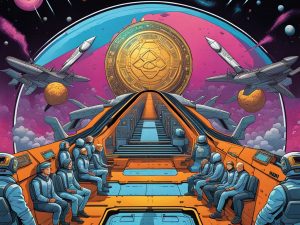
 By
By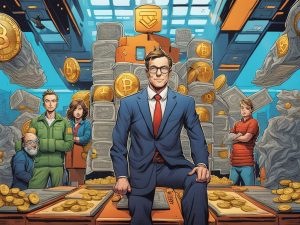
 By
By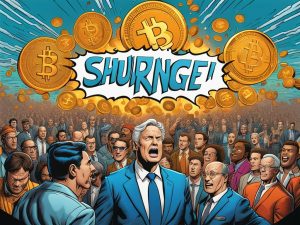
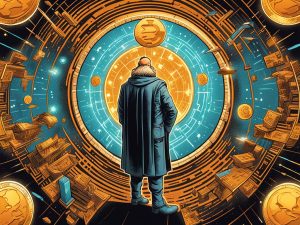
 By
By